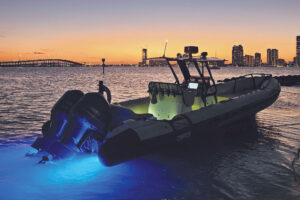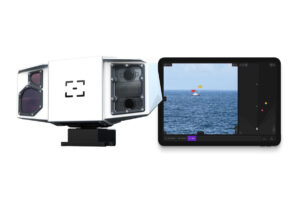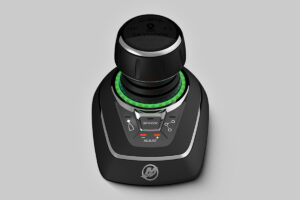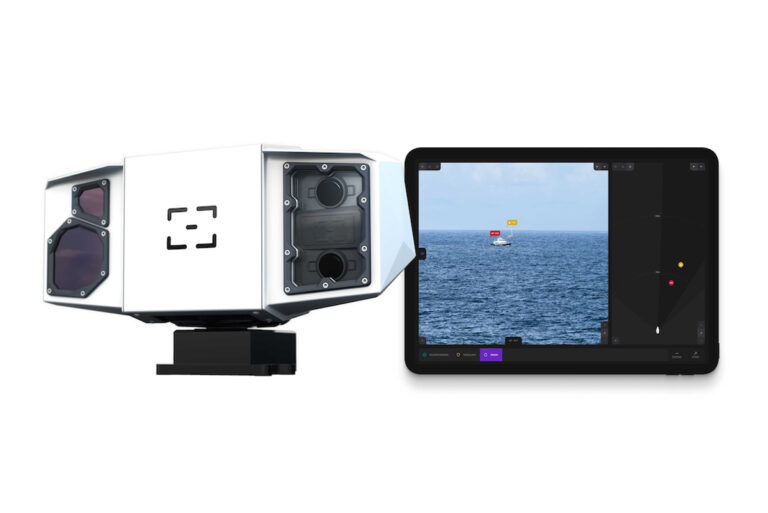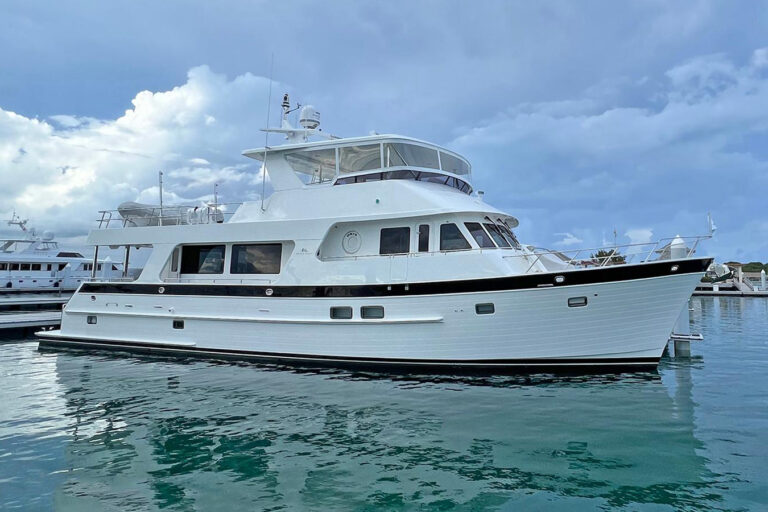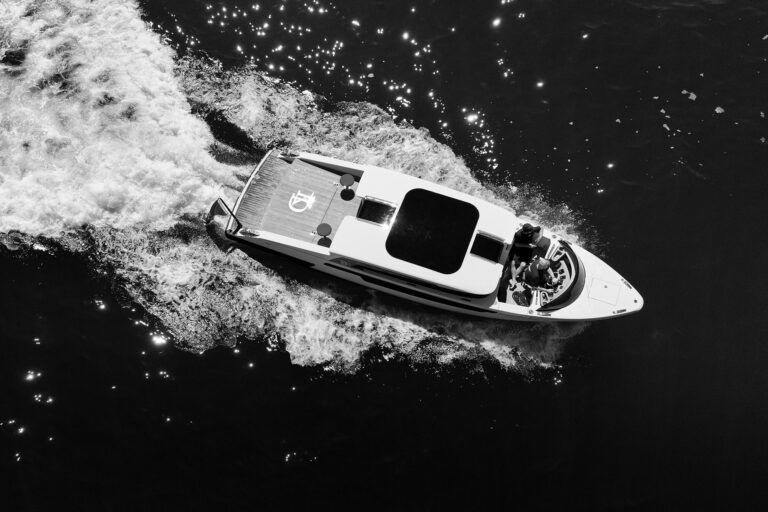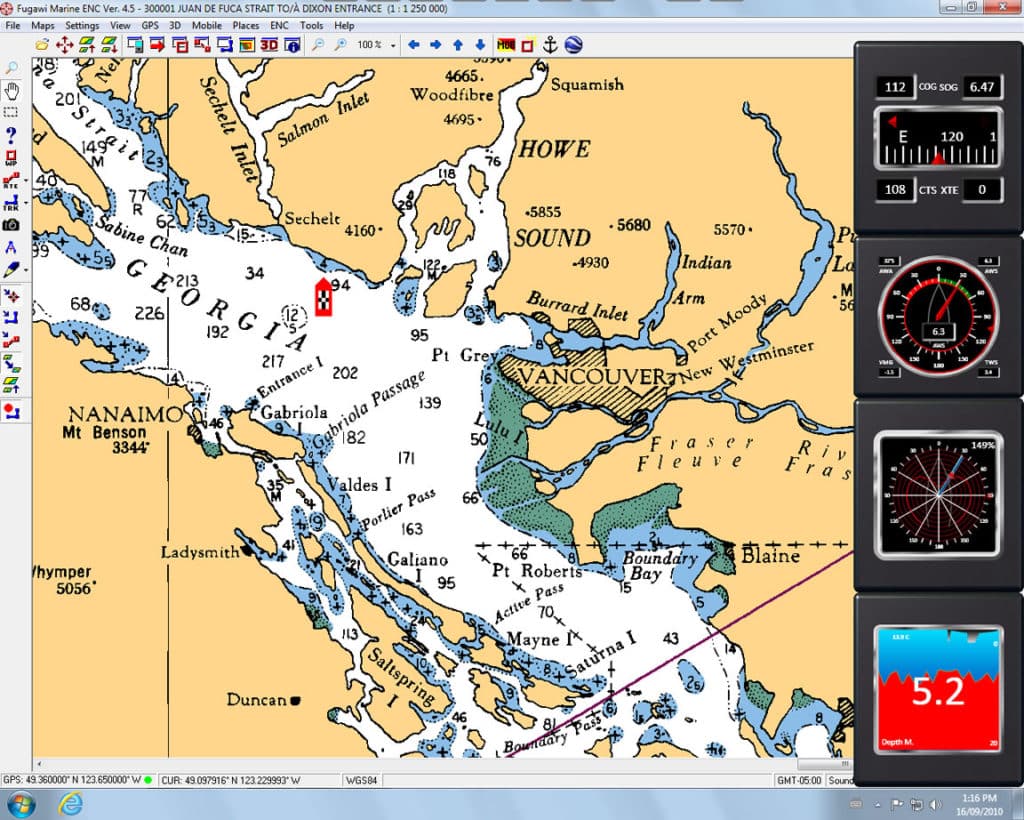
Digital chart
Researchers from Cornell University are testing a device that can differentiate between real and fake GPS signals — and that could help protect yachtsmen against GPS hackers at sea.
The researchers are using the 213-foot Kusch White Rose of Drachs for experiments in the Mediterranean, departing out of Monaco and cruising around Italy. Here are their early results, as well as a few important things to know about GPS hackers:
• A device that produces false GPS signals is called a “spoofer.” It can fool not only yachts, but also other GPS-enabled entities, including a mini-drone that scientists “hijacked” for government officials in 2012 at a missile range in New Mexico.
• Tests this summer have included planned “attacks” on the yacht’s GPS receiver, attempting to overlay a fake signal atop the real one and send the boat off course.
• The new, second-generation detector was able to recognize the “spoof” signals before the yacht moved about 70 feet off course.
• Goals for the third-generation devices include being able not only to pinpoint false signals, but also to verify true position.
• The superyacht experiments will be explained fully at the Institute of Navigation’s ION GNSS+ conference this fall in Florida. Until then, learn more at www.cornell.edu.

